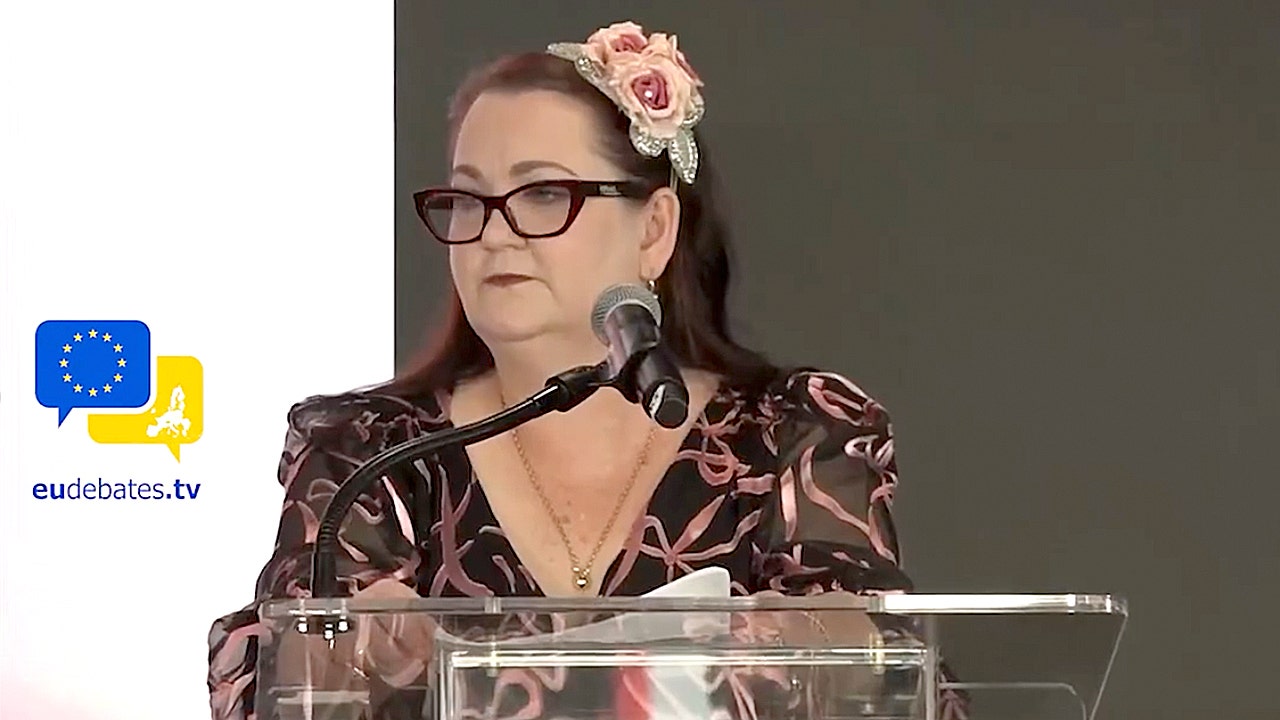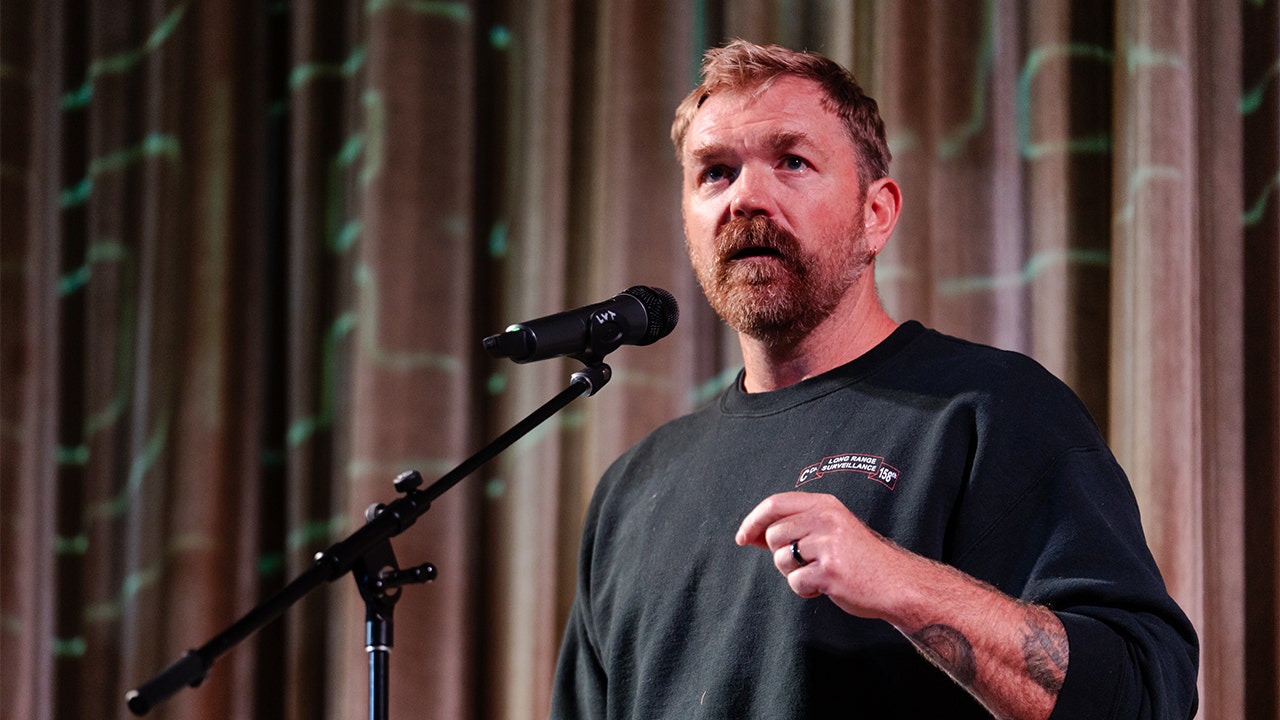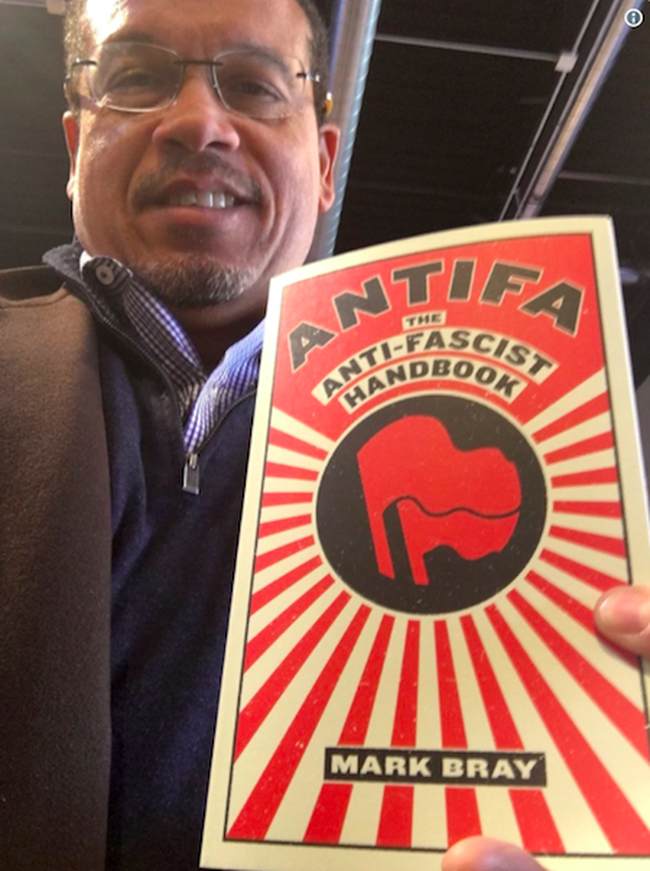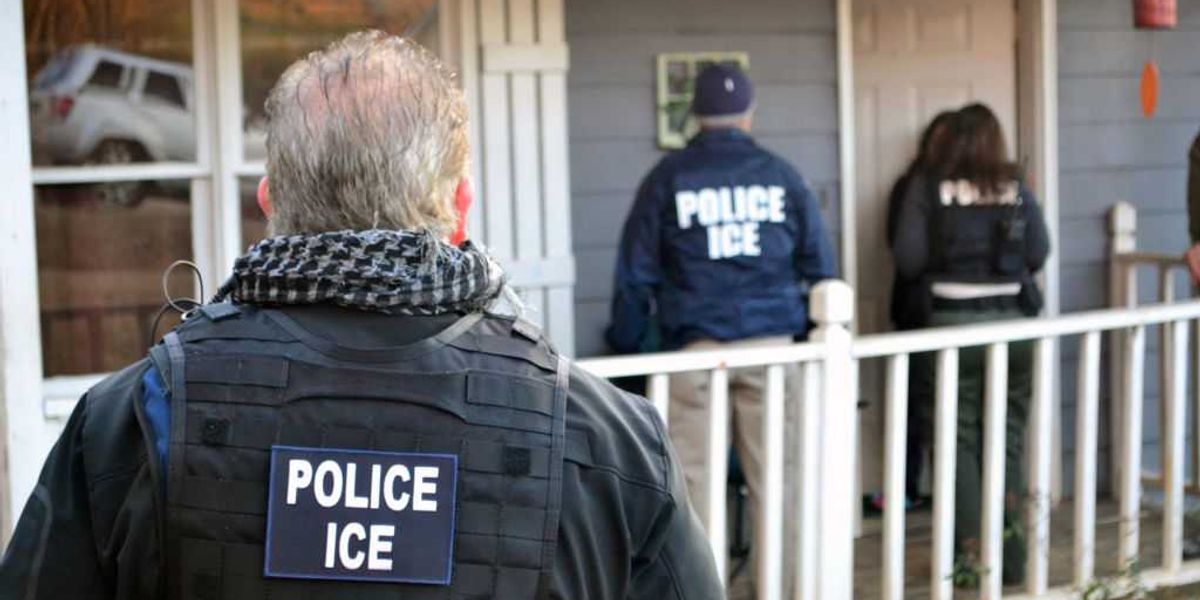I met Natalie Carlson at a big Christmas party for my dad’s clinic. It was in a big house. Everyone was dressed up. I was 16.
There was a roaring fire, a big Christmas tree, and a basement where the younger kids could play pool.
During my 20s, I went through a nightclub phase. Hanging out in clubs, I encountered very few cheerful women with bright faces and plaid skirts.
Natalie was the daughter of one of my dad’s colleagues. She had long dark hair and wore a plaid skirt. My memory is that she was cheerful, smart, fun to talk to.
Since our fathers were both doctors, our lives were somewhat similar. We had a lot to talk about. We had other things in common as well. We were both good students. We were both looking forward to college.
A week later, at dinner, my parents informed me that a marriage had been arranged between Natalie and me. They laughed when they told me this. It was a joke, of course.
My parents had run into Natalie’s parents, and everyone agreed how comfortable we looked together and that we’d be a perfect match.
A dowry and an exchange of goats had been decided on. Everyone thought this was very funny.
First date (or lack thereof)
Not long after that, in a quieter moment, my mother actually suggested I contact Natalie. Maybe she would want to get together.
I wasn’t totally against this idea. In fact, I was excited by it. I hadn’t really thought about going on “a date” with Natalie. But now that I had, it seemed like a good idea.
Unfortunately, there were logistical problems. She went to a different high school. She had her own friends. I didn’t have a car. I was too shy to call her.
I mean, I liked girls. I’d had girlfriends. But I didn’t have to arrange “dates” with them. We just ended up together. Through school. We’d meet up at dances or beer parties.
The idea of going on an official date with a girl … a girl I met through my parents … that seemed too weird. And not natural. And like too much pressure. So I never got around to calling Natalie.
Lingering dreams of love
Still, this idea of Natalie and me lingered within my family. Natalie continued to come up in family conversations. When she did, everyone at the dinner table would look in my direction. It wasn’t an inside joke exactly. It was just something we were all aware of. My parents seemed almost wistful at the thought of it.
Oddly enough, I was wistful too. I have a very clear memory — one of the most vivid of my youth — of walking across the front lawn of my high school and imagining myself, years in the future, with Natalie Carlson as my wife.
What a calming, comfortable thought this was! Having this decision made for me, having the choice of a female companion removed from my troubled adolescent brain and put safely in the hands of responsible adults. Who else would know better what was best for us?
‘Free Bird’
Perhaps I sensed, even then, that an early marriage to someone like Natalie was my best chance for a sane, reasonable life.
Natalie was an attractive, intelligent, good-natured person. How many girls like her would I come across in the future?
Of course, being a teenager, I assumed the answer was: a lot. Millions. An unlimited amount.
Which is why I didn’t need to get married young. I could put it off. Live a little first. And how did I know I would even like being married? I was into Led Zeppelin and Aerosmith. And punk rock. None of my musical heroes was advocating the joys of marriage.
Quite the opposite. Being single and free, that was the best life. Just ask Lynyrd Skynyrd!
Besides which, I had ideas of becoming a writer. Wouldn’t marriage get in the way of that?
Men going their own way
And so, conforming to the norms of the late 20th century, I did not marry Natalie, or even speak to her again. I continued with my life, following my own tastes and inclinations and not my parents.
The girls I socialized with for the remainder of high school were mostly upper-middle class, intelligent, college-bound. Much like Natalie. They drove Volkswagen Rabbits and took Advanced Placement classes. They went to nice suburban high schools like the one I went to.
At college, the idea of marriage was even more frowned upon than it had been in high school. The women at my college were there to start their own lives, their own careers. They weren’t looking for husbands, like the women of my parents’ generation.
As college progressed, I played in bands and lived an increasingly rebellious and dissolute lifestyle. I began to gravitate toward more dramatic girls, young women who were prone to dark moods, who drank and did drugs.
During my 20s, I went through a nightclub phase. Hanging out in clubs, I encountered very few cheerful women with bright faces and plaid skirts.
In my 30s, I calmed down a bit and eventually established myself as a writer. But that was not particularly conducive to stable relationships either.
Also, my “wild years” had extended a decade longer than most people’s, and this had left its mark. I was still an intelligent, college-educated person. But I was pretty rough around the edges.
By the time I was in my late 30s, even if I did come across a Natalie Carlson, I wouldn’t have known what to do with her. Nor would she have known what to do with me.
Marriage, at last
At 44, I finally tried my hand at marriage. It was a risky match, to a complicated person. Not surprisingly, it didn’t last.
But I learned something important from the attempt: that the actual state of being married was not nearly as constrictive as I’d imagined. Even for an undomesticated person like myself, married life was full of subtle joys and small comforts.
When this first attempt failed, I assumed I would marry again, now that I understood the institution’s many benefits.
But that didn’t happen. Maybe I waited too long. Maybe I was too comfortable being on my own.
In my own defense, I had grown up in a time in American history when married life, family life were not valued very much. It was uncool. It was boring. It was oppressive. It was the mistake your parents made.
Other people — smarter people than me — ignored this cultural messaging and started families anyway. I did not.
RELATED: Weddings cost money. Marriage costs everything.
Photo by Amy Humphries/Getty Images
Nostalgia for Natalie
And so I sometimes find myself thinking of Natalie Carlson. Sweet, enthusiastic, 16-year-old Natalie. With her smiling face and plaid skirt. What if that arranged marriage had actually happened?
It’s a pretty intriguing idea. If we’d been born in a different time, in a different culture, she might be in the other room right now as I write this. With her graying hair piled on her head and her feet up, sipping a cup of tea.
We’d have grown kids by now. They’d be off at college, or beginning their careers, or starting families of their own. If they happened to call, we would both hover over the speakerphone, eager to hear their voices.
Would I trade that life for what I have now? I might.
From what I can tell, marriage is not so much a process of finding the perfect person. It’s more of a process of growing into each other over time. Which probably works better if you start early.
And it probably wouldn’t hurt to get some input from elsewhere. From someone who knows you. Like your parents.
Read the full article here






![Red State Superintendent Announces Turning Point USA Chapters in Every High School [WATCH] Red State Superintendent Announces Turning Point USA Chapters in Every High School [WATCH]](https://www.lifezette.com/wp-content/uploads/2025/09/2025.09.10-08.09-lifezette-68c1db141f2ed.jpg)
![Trump’s Admin Cut Down Child Trafficking Economy, 145,000 of Biden’s Lost Kids Now Found [WATCH] Trump’s Admin Cut Down Child Trafficking Economy, 145,000 of Biden’s Lost Kids Now Found [WATCH]](https://www.rvmnews.com/wp-content/uploads/2024/11/2024.11.26-09.49-rvmnews-6746427ee8bde.jpg)


![Bondi’s Coming for You If You Interrupt Prayer or Worship [WATCH] Bondi’s Coming for You If You Interrupt Prayer or Worship [WATCH]](https://www.lifezette.com/wp-content/uploads/2026/02/2026.02.01-01.23-lifezette-697f53d501223.jpg)

